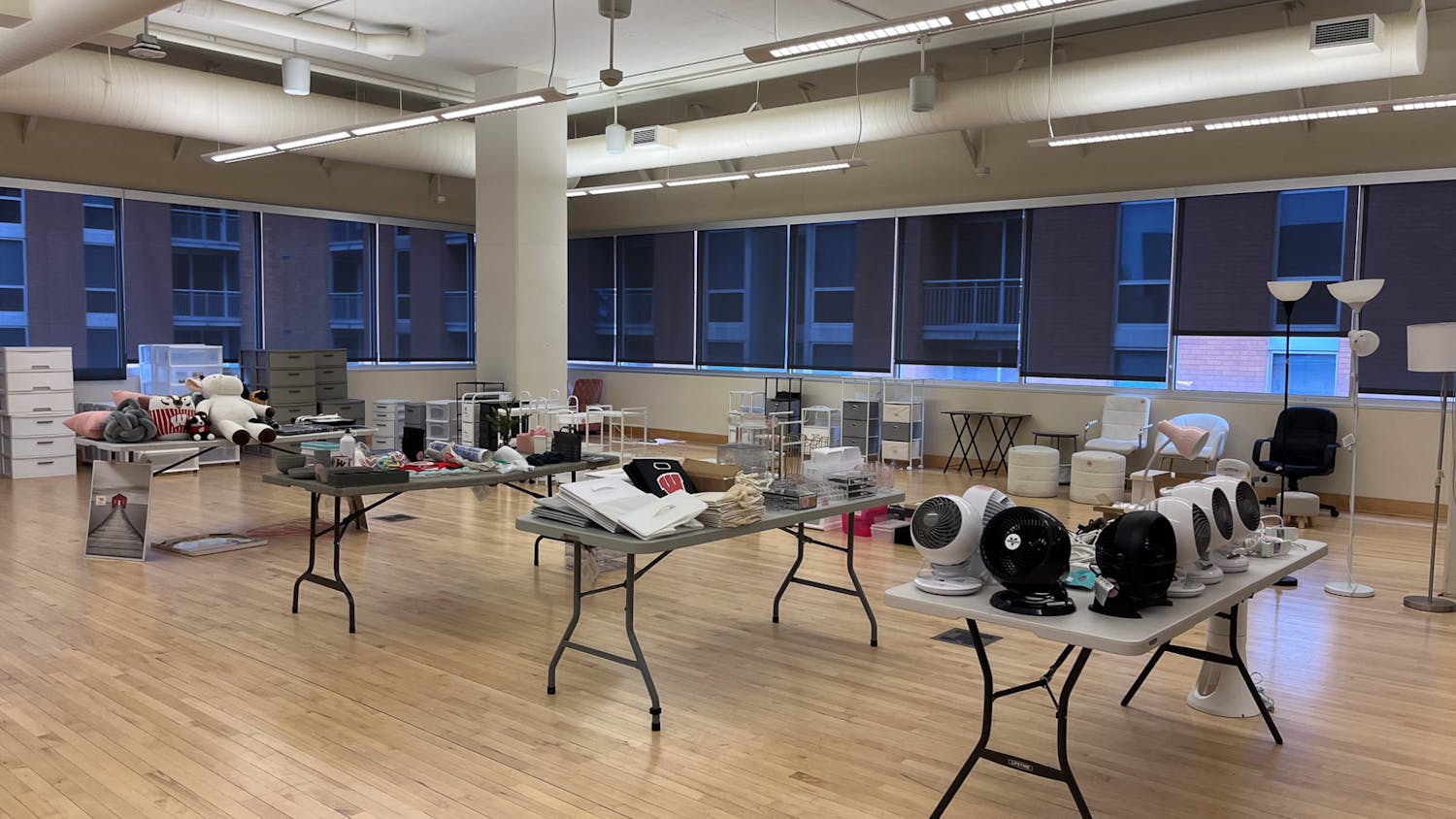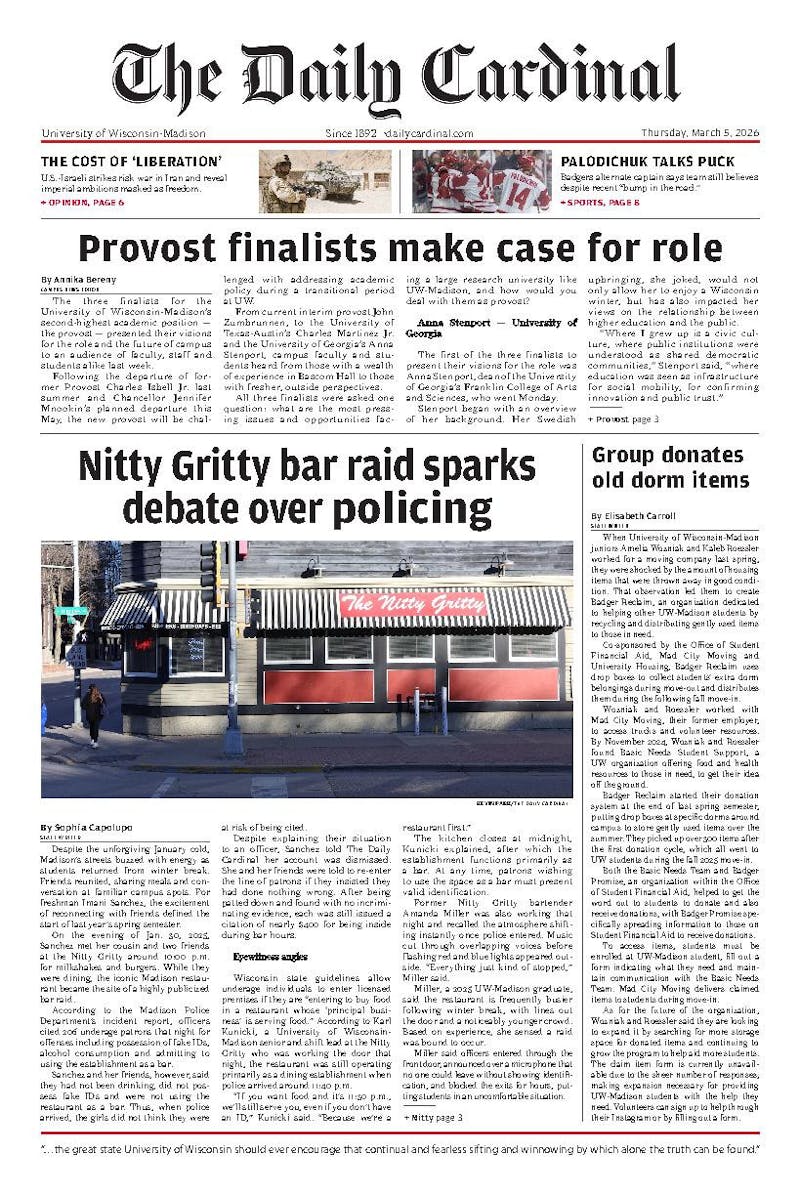Author David McRaney will deliver a talk on polarization and active listening Tuesday at Shannon Hall as part of UW-Madison’s Go Big Read book for the 2023-24 academic year, “How Minds Change”.
McRaney has worked as a science journalist, author and blogger for over 10 years. His work explores the psychology of reasoning and decision-making.
The Go Big Read program embedded “How Minds Change” in the 2023-24 course curriculum of multiple classes at the University of Wisconsin-Madison. The book, chosen by UW-Madison Chancellor Jennifer Mnookin, highlights the psychology behind persuasion techniques in order to tackle societal division, using both research and writing to demonstrate “the rare but transformative circumstances under which minds can change.”
David McRaney told The Daily Cardinal in an interview the book brought him toward a different career pathway. It was prompted, he said, by changes in societal acceptance of same-sex marriage.
"I had someone on my podcast, a political scientist, tell me that the shift in public opinion concerning same-sex marriage was the fastest shift in public opinion ever recorded," McRaney said.
Prior to the book, McRaney described his reports on higher education readings as pessimistic. He said the hands-on approach to creating “How Minds Change” shifted his beliefs and content.
The creative process, McRaney said, required interpersonal communication with a diverse array of people.
"I spent time embedded with cults and student cults, and conspiracy theory readings, extremists and activists," McRaney says on his website. That in-person process created a different writing process from his previous books.
“Everything is in person and on the ground as much as possible, and that differs a great deal from my last couple of books," McRaney said.
McRaney wanted the book to differ from “pop science” books.
“[I wanted to] go to places, experience these things and start out with a question and by the end of the book try to have an answer to that question, and have lots of questions blossom,” McRaney said.
Transitioning to the conversational effects of journalism, McRaney brought up the idea that "people go to news sources for confirmation more so than information."
McRaney expounded on how media people consume — and how they consume it — can affect the knowledge they construct.
"[It is] more important than ever that people have news literacy and information and media literacy in general so they can determine which sources are most objective," McRaney said.






